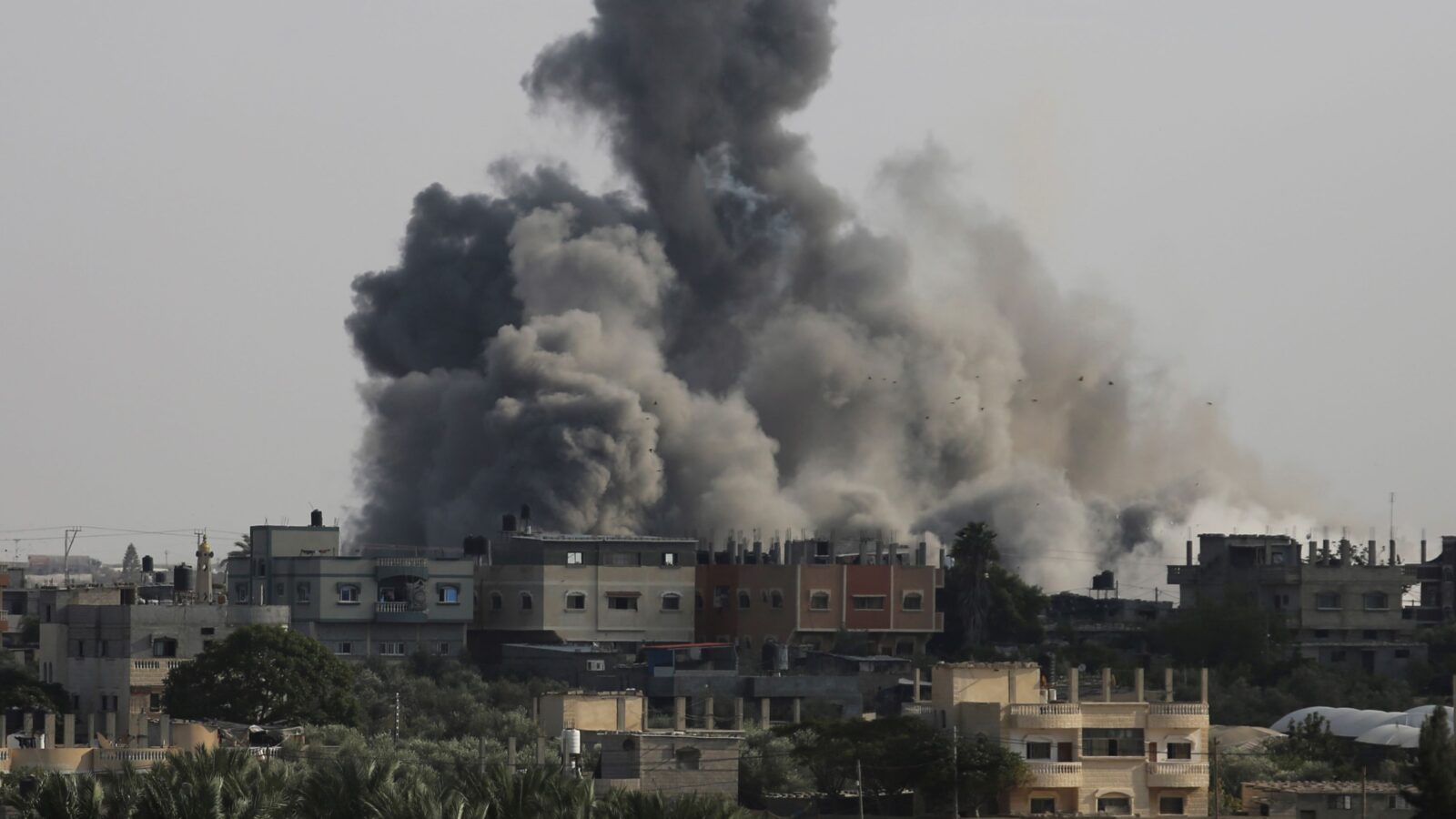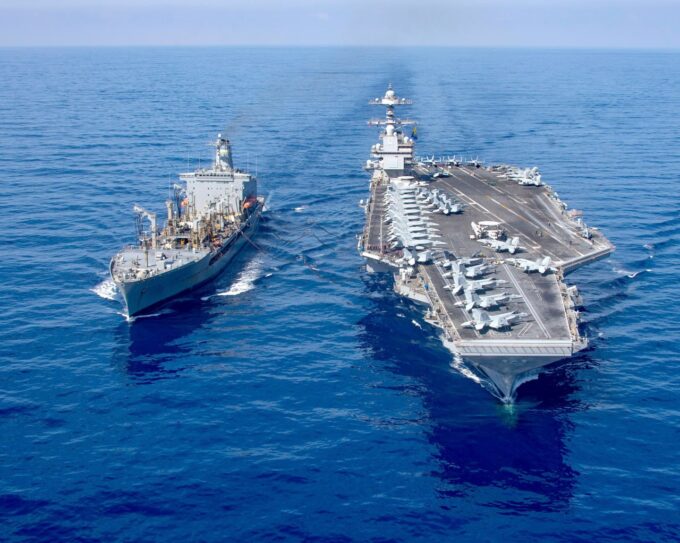Israel’s military campaign against Hamas has now extended to Qatar, making it the ninth country struck by Israeli forces since the October 7 attacks. The expanding list of countries targeted by Israel includes Palestine, Egypt, Lebanon, Syria, Iraq, Iran, Yemen, and even international waters near Malta — highlighting the widening scope of a conflict that has spilled far beyond Gaza’s borders.
Reports suggest that Israel and Qatar had maintained an unwritten understanding under which Israeli forces would refrain from targeting Hamas leadership based on Qatari soil. However, that tacit agreement appears to have collapsed, with the latest strikes marking only the second time in history that Qatar has come under direct Israeli attack.
Doha has long hosted Hamas’s political leadership, which played a central role in ceasefire negotiations and prisoner exchange talks. Unlike the group’s military command, which operates elsewhere, the Qatari-based officials were considered essential interlocutors in efforts to mediate between Hamas, Israel, and other international actors.
By striking inside Qatar, Israel not only undermines its own indirect negotiating channels but also raises the risk of destabilizing a Gulf state that has served as a critical mediator in Middle Eastern diplomacy. The attack signals a shift in Israel’s strategy, suggesting that no sanctuary for Hamas — even one tied to high-level political dialogue — will be tolerated.
This escalation could complicate Qatar’s regional role, strain its delicate ties with Washington and Tel Aviv, and heighten tensions within the Gulf Cooperation Council (GCC), where rival states may view the attack as both a warning and a precedent. The move also underscores Israel’s determination to pursue Hamas leadership wherever it resides, even at the cost of undermining diplomatic frameworks that have long relied on Qatar’s mediation.












Leave a comment